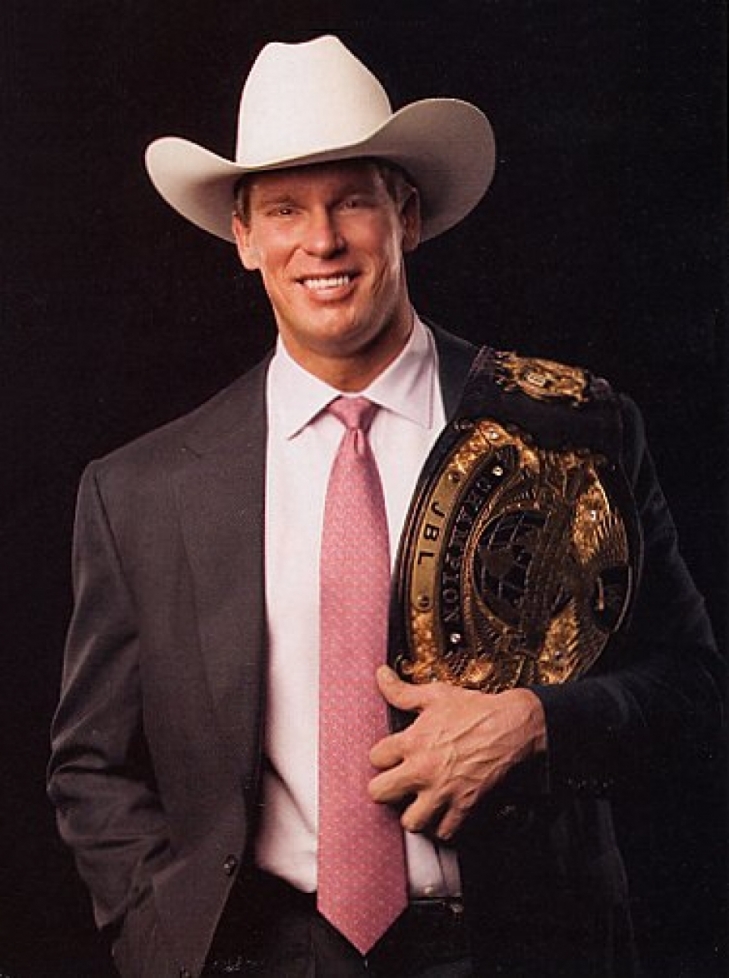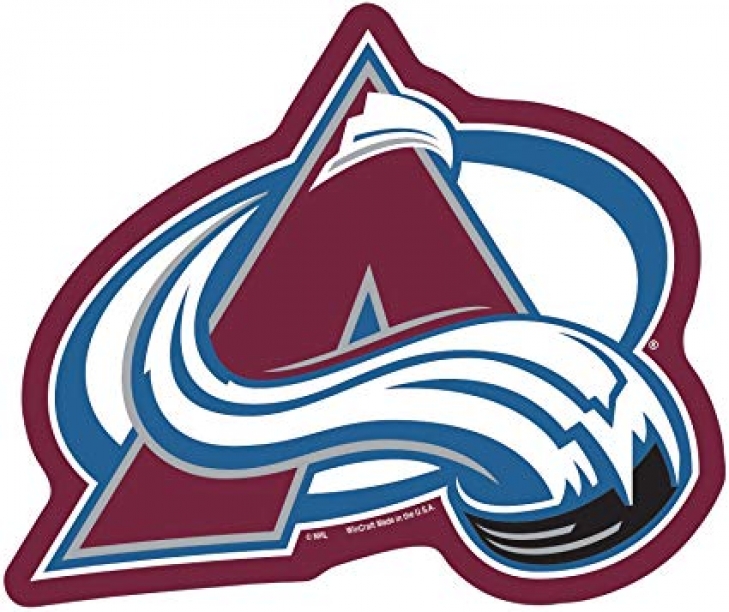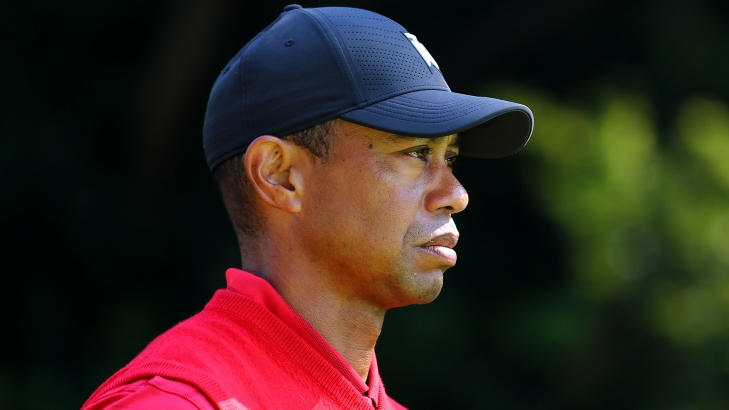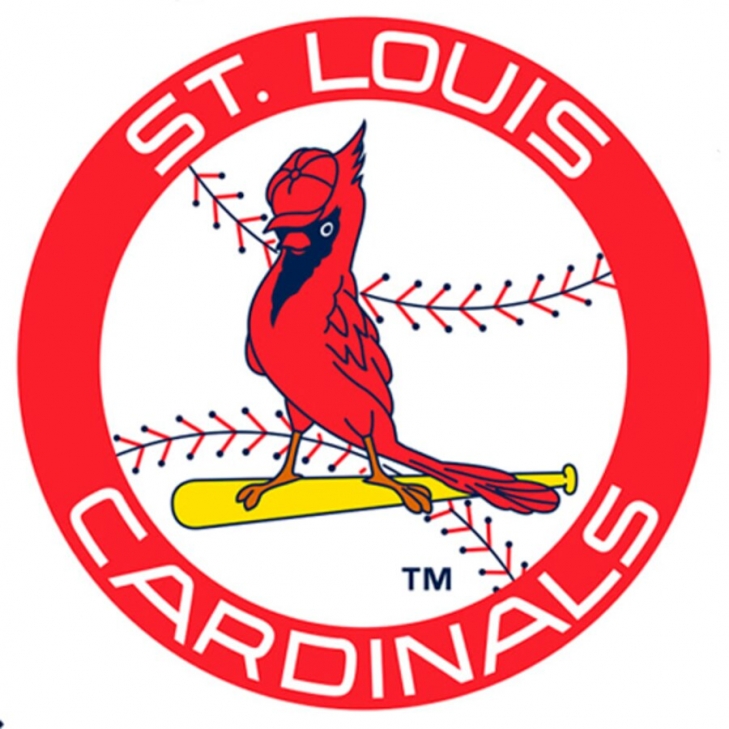
Committee Chairman
JBL to the WWE Hall of Fame
Last night on WWE Backstage, it was announced that John Bradshaw Layfield will be entering the WWE Hall of Fame this year.
After beginning his wresting career in 1992, Layfield signed with the WWE in 1995 as Justin “Hawk” Bradshaw, where the Texan was in full cowboy gimmick similar to Stan Hansen. The character would see television time, but it was a lower-card gimmick that did nothing more than have a forgettable feud with Savio Vega.
In early 1997, Bradshaw became “Blackjack Bradshaw” and formed the new Blackjacks with Barry Windham. The team went nowhere, and Bradshaw would be a single again, though this time as a babyface. He switched back to being a heel, this time forming a tag team with Faarooq and being part of the Undertaker’s Ministry of Darkness stable. This was a winning tag team, and the Acolytes (their team name) would win the WWF World Tag Team Titles in May of 1999.
Faarooq and Bradshaw stayed together for four years, and following the Undertaker’s sabbatical due to injury, the tandem became fan favorites as they morphed into cigar-shopping, beer-swilling, poker-playing tough guys for hire. The fans responded, and they would win the tag titles two more times. The tag team was broken up during the 2002 brand split, and Bradshaw was a mid-card face, who would win the Hardcore Title, but they were reunited a year later on the Smackdown brand.
Around this time, Bradshaw became known for his investments, and would even have a book come out about it. The team would break up for good when Faarooq was put out to pasture by the WWE as an on-screen character, and Bradshaw would don a new character, that of John Bradshaw Layfield, a J.R. Ewing type of rich Texan. It cliqued, and he would feud with Eddie Guerrero, and win the WWE Championship from him that year. JBL would have his own stable, The Cabinet, and he would hold the title until he lost it to John Cena at Wrestlemania 21.
JBL would remain near the top of the card, and at Wrestlemania 22, he defeated Chris Benoit for the United States Title. He held that for a few months, and took time off away from the ring to be a commentator, and let injuries pile up. He came back in 2007 and after more high-profile feuds, he would win the Intercontinental Championship and lost it to Rey Mysterio at Wrestlemania XXV. He retired that day.
He would go on to commentate for years after that, and would also develop philanthropic work in his new home in Bermuda. He would induct Ron Simmons into the WWE Hall of Fame in 2012.
At present, the New World Order (Hulk Hogan, Kevin Nash, and X-Pac), Dave Bautista and The Bella Twins have been confirmed for the Hall of Fame. Davey Boy Smith was reported by the Wrestling Observer as also being inducted, but that has not been confirmed by the WWE Hall of Fame.
We will be revising our Notinhalloffame WWE list of those to consider for the Hall after Wrestlemaia. For reference, JBL was ranked 29 on our latest list.
We here at Notinhalloffame.com would like to congratulate JBL for his impending induction to the WWE Hall of Fame.
Our All-Time Top 50 Colorado Avalanche are now up
Yes, we know that this is taking a while!
As many of you know, we here at Notinhalloffame.com are slowly generating the 50 of each major North American sports team. We have a new one to unveil today, that of the Colorado Avalanche.
Debuting as the Quebec Nordiques in 1972 in the World Hockey Association, they would become one of the most successful teams in the league. The Nordiques won the Avco Cup in 1977, and they would be one of four franchises that would be absorbed into the NHL in 1979. Despite having some good players in Michel Goulet and Peter Stastny, they struggled in the league. After drafting Eric Lindros who refused to play for them, they traded his rights to the Philadelphia Flyers, and the haul they got that included Peter Forsberg would give them hope.
Sadly, it was a small market, and they were no longer able to remain financially viable. The team would relocate to Denver in 1995, and would become the Colorado Avalanche. In their inaugural year, they would trade for Goaltender, Patrick Roy, and with Forsberg and Joe Sakic, they would win their first Stanley Cup in their inaugural year in the Mountain Time Zone. They would win a second Cup in 2001.
As for all of our top 50 players in hockey we look at the following:
1. Advanced Statistics.
2. Traditional statistics and how they finished in the NHL.
3. Playoff accomplishments.
4. Their overall impact on the team and other intangibles not reflected in a stat sheet.
Remember, this is ONLY based on what a player does on that particular team and not what he accomplished elsewhere and also note that we have placed an increased importance on the first two categories.
This list is updated up until the end of the 2018-19 Season.
The complete list can be found here,but as always we announce our top five in this article. They are:
1. Joe Sakic
5. Patrick Roy
We will continue our adjustments on our existing lists and will continue developing our new lists.
Look for or All-Time Top 50 Pittsburgh Penguins coming next!
As always we thank you for your support.
The World Golf Hall of Fame announces their Finalists
We are only in March of 2020, but the World Golf Hall of Fame has announced the Finalists for the 2021 Class.
Earlier this week, the nomination committee have put forth ten Finalists. Four are in the male category, four in the female category and two in the contributor category.
The Male Finalists are:
Johnny Farrell: Farrell won 28 PGA Tour Titles, including the 1928 U.S. Open.
Padraig Harrington: The Irishman won six PGA Tour Titles, 15 European Tour Titles and was the 2008 PGA Tour Player of the Year.
Tom Weiskopf: Weiskopf won 16 PGA Tour Titles, which included the 1973 Open Championship.
Tiger Woods: Woods won a whopping 92 PGA Tour Titles, including 15 Majors.
The Female Finalists are:
Beverly Hanson: Hanson won the U.S. Women’s Amateur Title in 1950, and would later win 17 LPGA Titles and three Majors.
Susie Maxwell Berning: Berning won 11 LPGA Titles with four Majors.
Sandra Palmer: Palmer was the 1975 LPGA Player of the Year, and would win two Majors and 19 LPGA Titles.
Dottie Pepper: Pepper captured 17 LPGA Titles, with two of them being Majors.
The Contributors are:
Tim Finchem: Finchem was the PGA Tour Commissioner from 1993 to 2016.
Marion Hollis: Hollis won the 1921 U.S. Amateur Tournament and was one of the early golf course arhitects.
The conspiracy theory in us, has to wonder aloud if the recent change to from 50 to 45 years old, is to fast track Woods into the Hall. If that is the case, that would indicate a need to generate immediate income for the institution (see Basketball Hall of Fame, Naismith).
Regardless, we here at Notinhalloffame.com will be watching!
The St. Louis Cardinals HOF announce their 2020 Finalists
One of our favorite franchise Hall of Fames is that of the St. Louis Cardinals, which was only established in 2014, but has quickly earned a place as a must-see for baseball fans. For the Class of 2020, the fan vote is now available, where the top two vote getters of seven former Cardinals will become part of the organization’s Hall of Fame.
Steve Carlton 1965-71. Carlton would play the first seven seasons of his career with St. Louis, and he was a three-time All-Star while playing there. Carlton helped St. Louis win the 1967 World Series, and he was a 20 Game winner in his final year as a Cardinal. With St. Louis, he had a record of 77-62 with 951 Strikeouts and a 3.10 ERA. Carlton would be elected into the Baseball Hall of Fame in 1994.
Keith Hernandez 1974-83. Playing at First Base, Hernandez was one of the better defensive players at that position of all-time. A Cardinal for the first decade of his career, Hernandez went to two All-Star Games and won six Gold Gloves as a Cardinal. A key member of the 1982 World Series Championship team, Hernandez was the co-winner of the 1979 MVP. With the Cards, the First Baseman had 1,217 Hits with a Batting Average of .299.
Tom Herr 1979-88. Herr was an All-Star in 1985, and he was part of the 1982 World Series Championship Team. He would have 1,021 Hits for the team with a .274 Batting Average.
Matt Morris 1997-05. A St. Louis Cardinal for eight years, Morris was second in Rookie of the Year voting in 1997. He was sidelined in 1999 due to Tommy John Surgery, but he rebounded well, leading the National League in Wins (22), going to the All-Star Game, and finished third in Cy Young voting. Morris was an All-Star again in 2002, and he would have a record of 101-62 overall with 986 Strikeouts in St. Louis.
Edgar Renteria 1999-04. Renteria was a Cardinal for six years, and he was an All-Star for three of them. The Columbian Shortstop had at least 10 Home Runs in each of his seasons, and had 71 overall for the Redbirds. Renteria also stole 148 bases, and won two Silver Sluggers and two Gold Gloves. He had 93 Hits with a .290 Batting Average in St. Louis.
Lee Smith 1990-93. Three times an All-Star with the Cardinals, Smith led the National League in Saves in both 1991 and 1992, and was in the top four in Cy Young voting in both seasons. He would have 160 Saves for the team. Smith would enter the Baseball Hall of Fame in 2018.
John Tudor 1985-88 & 1990. In Tudor’s first year in St. Louis he went 21-8 and led the league in Shutouts (10) and finished second in Cy Young voting. He would have a sparkling record of 62-26 for the Cardinals with a 2.52 ERA and a WHIP of 1.080.
The vote will be open until April 17, with the results televised on FOX Sports Midwest on May 8.
We know we will be voting, and we would like to congratulate the seven Finalists.





